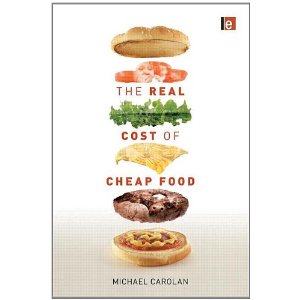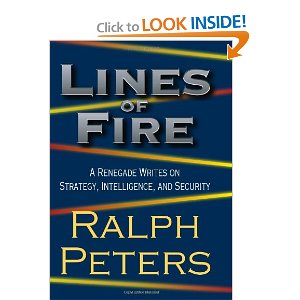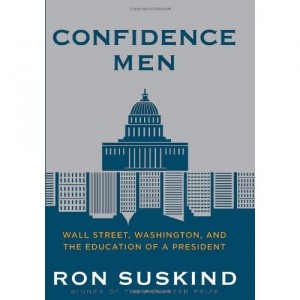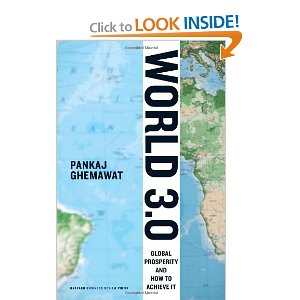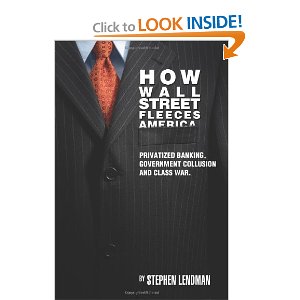
Michael Raynor
5.0 out of 5 stars Helps Understand OccupyWallStreet–Solid 5 Misses Mark on True Cost Economics,October 13, 2011
I was given this book as a gift, and could not have–in a million years of planning–gotten a better book relevant to OccupyWallStreet (OWS) than this book. I read it this morning while my MGB was in the shop recovering from my trip to NYC OWS 6-7 October (shredded the generator). Halfway through my notes, advanced here, I observe that the book is a pleasure to read and a substantial advance on the earlier disruption explorations.
While I sympathize with those who do not “get” this book and downgrade it, I gave it a solid five and seriously considered a six star plus (only 10% of my reviews go there) but kept it at five because any book that considers Walmart disruptive (which it is) without observing the “true cost” to society, the environment, government, and small businesses, is completely missing the big picture.
This book does go beyond the earlier book that I have also reviewed, The Innovator's Dilemma: The Revolutionary Book That Will Change the Way You Do Business, and while Clayton M. Christensen has been churning books out with variations on the theme, I do see in this book very important, useful, immediately applicable insights and would recommend buying the first Christensen book and this book (to which he writes a Foreword).
I am less interested in the emphasis that the author places on Disruption Theory being able to build a bridge from the art of successfully guessing what innovations with succeed to the science of increasing by 5% or more which innovations will succeed, but that is, as the author points out, very significant when you consider that the percentage improvement is on hundreds of billions of dollars of investment.
QUOTE (5): Disruption's central claim is “that an innovation has the best chance of success when it has a very different performance profile and appeals to cusomters of relatively little interest to dominant incumbents, and the organizaton commercializing it enjoys substantial strategic and operational autonomy.”
Could that be a description of OWS and the 99% that have been screwed over by the two-party tyranny that has shaken down Wall Street and the military, intelligence, health, energy, and prison complexes for political contributions (bribes) while discounting the public treasury by 95% (the going rate for an earmark is 5%)? The 99% are of no real interest to Wall Street or the two-party crime family that has hijacked democracy, and OWS is demonstrating substantial strategic and operational autonomy. What neither the left or right “get” right now about OWS is that it is a manifestation of a broad view that we need to dismantle both parties and end institutionalized politics while restoring the sovereign individual.

